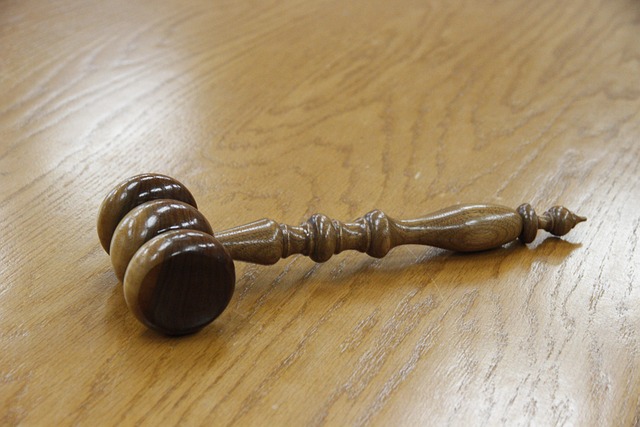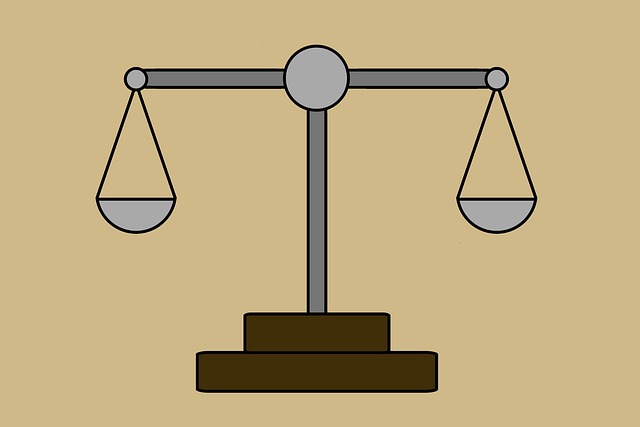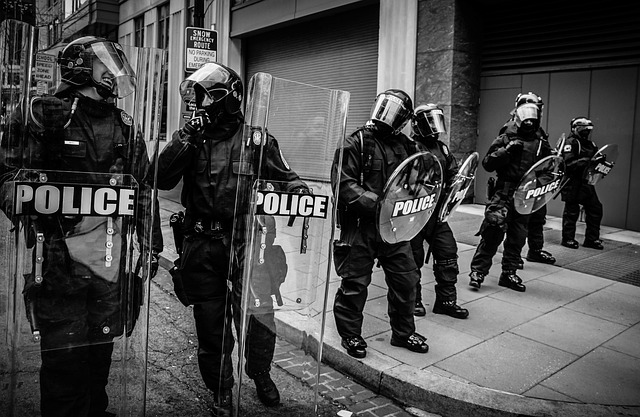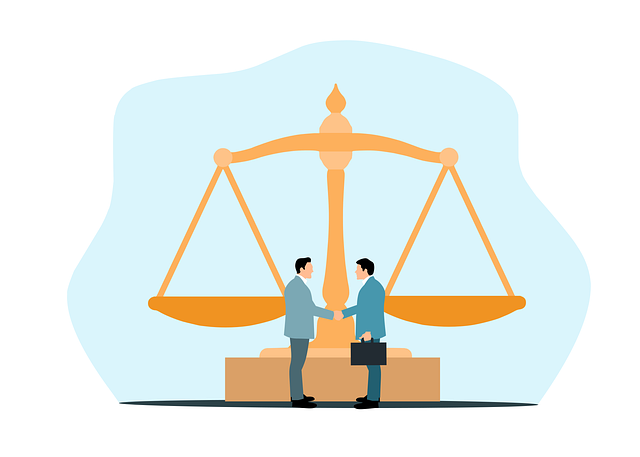Public corruption cases, governed by varying jurisdiction laws, hinge on proving unethical behavior like bribery, fraud, and misappropriation. During jury selection, both sides can object based on legal grounds to ensure a fair trial. Defense attorneys strategize to protect clients from indictment, focusing on mitigating intent and poor judgment. The goal is to seat an impartial jury capable of understanding complex issues despite media influence, power dynamics, and community perceptions. Objections target biased or conflicted jurors, aiming for a balanced verdict. Combating public corruption requires legal expertise, plus collaborative efforts through transparency, ethical guidelines, and public education to uphold integrity and accountability.
Public corruption charges are a serious matter, undermining democratic institutions and public trust. This article delves into the intricacies of understanding and prosecuting these allegations. We explore the legal framework defining public corruption, focusing on key grounds for accusing officials of misconduct. The role of juries in corruption trials is dissected, highlighting the selection process and challenges they face. Furthermore, we examine objections during jury selection, delving into reasons and legal justifications, providing strategies for effective handling of these complex cases, with a focus on Legal Grounds and Jury Selection Objections.
- Understanding Public Corruption Charges: Definition and Legal Framework
- Legal Grounds for Accusing Public Officials of Corruption
- The Role of Juries in Corruption Trials: Selection Process and Challenges
- Objections During Jury Selection: Reasons and Legal Justifications
- Strategies for Effective Handling of Public Corruption Cases
Understanding Public Corruption Charges: Definition and Legal Framework

Public corruption charges refer to allegations of illegal or unethical behavior by public officials, such as government employees, politicians, and law enforcement officers, who abuse their power for personal gain. This can take various forms, including bribery, fraud, extortion, and misappropriation of public funds. Understanding these charges involves grasping the legal definition and framework that governs them.
The legal grounds for public corruption cases are typically defined in criminal codes and regulations specific to each jurisdiction. These laws outline what constitutes an offense, set forth elements that prosecutors must prove beyond a reasonable doubt, and prescribe penalties. In the context of jury selection, the defense can raise objections based on potential bias or lack of understanding of these legal grounds. An experienced white-collar defense attorney may leverage their unprecedented track record in winning challenging defense verdicts to effectively navigate these complex issues, ensuring a fair trial and protecting the rights of the accused.
Legal Grounds for Accusing Public Officials of Corruption

The legal grounds for accusing public officials of corruption are meticulously outlined in various laws and regulations across jurisdictions. These cases often hinge on specific acts that violate ethical standards and abuse positions of power. Key elements include bribery, embezzlement, and misappropriation of funds, where a public servant accepts or requests illicit gifts or money in exchange for favorable decisions or influences policy. Furthermore, public officials may face charges for using their positions to secure personal gains, such as underpricing government contracts for personal businesses, a practice known as conflict of interest.
During jury selection, objections based on legal grounds are crucial. Defense attorneys often challenge potential jurors who might have preconceived biases or prejudices against public corruption cases. This strategy aims to ensure a fair and impartial jury. In terms of white-collar defense, the focus is on avoiding indictment by demonstrating that any wrongdoing was not intentional but rather a result of poor judgment or inadequate oversight. The goal is to protect both corporate and individual clients from charges that could have severe repercussions, including significant fines and imprisonment.
The Role of Juries in Corruption Trials: Selection Process and Challenges

In public corruption trials, juries play a pivotal role in holding individuals accountable for illicit acts within government and powerful institutions. The jury selection process is crucial as it determines the impartiality and understanding of jurors toward the complex legal issues at hand. Legal grounds for objections during this phase are significant, ensuring that only unbiased and knowledgeable citizens serve. This involves sifting through potential jurors to identify biases or conflicts of interest, especially in cases involving well-known figures or sensitive political matters. For his clients, general criminal defense attorneys must navigate these challenges, aiming to seat a jury composed of individuals from diverse backgrounds yet united in their ability to render an impartial verdict.
The selection process faces challenges due to the intricate nature of corruption cases. Juries often need to understand the intricacies of public office dynamics and legal definitions of corruption. This requires potential jurors to possess a basic grasp of these concepts, which can be a barrier for those from non-political or non-legal backgrounds. Moreover, ensuring that jurors are not influenced by media coverage or pre-existing opinions about the case is essential. The impact of wealth, power, and status within the philanthropic and political communities can also sway public perception, making it a delicate task to find a jury capable of setting aside these external factors during deliberations.
Objections During Jury Selection: Reasons and Legal Justifications

During jury selection, both the prosecution and defense have the right to raise objections for potential jurors based on various legal grounds. These objections are strategic moves aimed at achieving extraordinary results in white-collar defense cases, where the stakes are high for respective businesses and reputations. Common reasons for such objections include bias or prejudice against a particular industry or type of crime, close relationships with individuals involved in the case, or inadequate understanding of the proceedings.
For instance, if a potential juror has expressed strong views about government transparency or has previously been involved in similar legal matters, these factors could introduce bias. Legal justifications for such objections are rooted in ensuring a fair and impartial jury. The process is meticulously designed to select jurors who can set aside personal beliefs and evidence-based facts, thereby facilitating a balanced and unprejudiced decision-making process.
Strategies for Effective Handling of Public Corruption Cases

The effective handling of public corruption cases requires a multifaceted approach. Prosecutors must navigate complex legal grounds for jury selection, ensuring fairness and impartiality. This involves strategic objections to exclude biased or irrelevant evidence, which can significantly impact the outcome of high-stakes cases. A robust understanding of applicable laws and regulations is crucial in building a solid case that holds public officials accountable.
Beyond legal strategy, engaging the philanthropic and political communities can be instrumental in curbing corruption. Transparency initiatives, ethical guidelines, and public education programs contribute to a culture where integrity is valued and corrupted practices are condemned. By fostering collective responsibility, these efforts reinforce the rule of law, making it harder for corrupt officials to operate undetected or unpunished.
Public corruption charges are complex legal matters that demand a thorough understanding of both the crime’s definition and the specific legal frameworks governing them. While juries play a crucial role in these trials, the selection process isn’t without challenges. Effective handling of public corruption cases involves strategic navigation through legal grounds for accusations and potential objections during jury selection. By adhering to best practices and staying informed about relevant laws, legal professionals can ensure fair trials, protect the innocent, and hold corrupt officials accountable.






